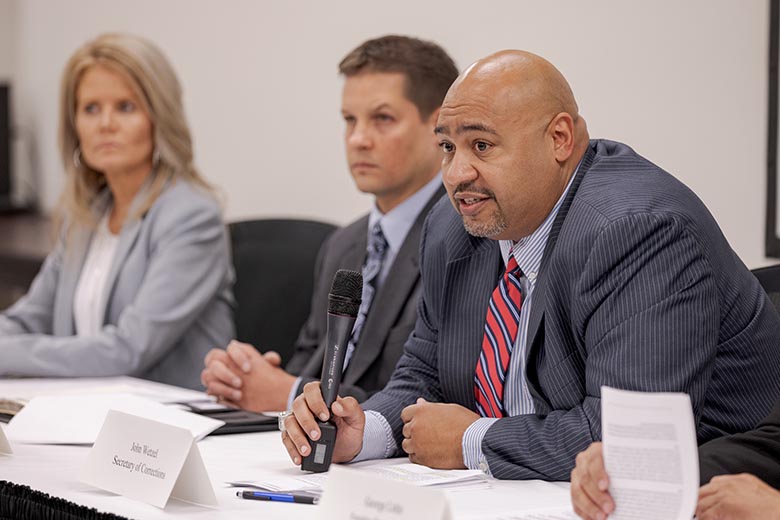When prisoners in the United States are released, they face an environment that is challenging and actively deters them from becoming productive members of society. Within three years of release, 67.8 percent of ex-offenders are rearrested, and within five years, 76.6 percent are rearrested. With people incarcerated in the United States, recidivism harms both the families of inmates and society in general, as taxpayers continue to support a broken system that sets ex-offenders up to fail once they are released.
The Congressional Research Service defines recidivism as “the re-arrest, reconviction, or re-incarceration of an ex-offender within a given time frame.” Because of systemic legal and societal barriers, once ex-offenders are released, it is more difficult for them compared to the general populace to find gainful employment, secure a consistent source of housing, and generally function in society. Often viewed as sub-citizens, ex-offenders are perpetually punished for crimes. The causes of these restrictions are systemic and affect ex-offenders at all levels of society.





©️ TRANSITIONAL TRAINING IMPACT PROGRAM 2021